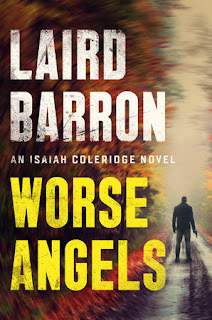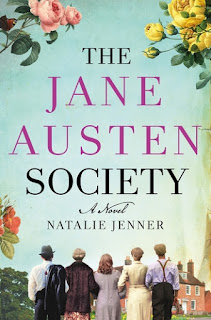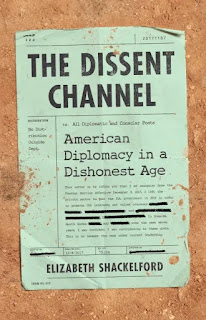 Kate Weinberg was born and lives in London. She studied English at Oxford and creative writing in East Anglia. She has worked as a slush pile reader, a bookshop assistant, a journalist and a ghost writer.
Kate Weinberg was born and lives in London. She studied English at Oxford and creative writing in East Anglia. She has worked as a slush pile reader, a bookshop assistant, a journalist and a ghost writer. The Truants is her first novel.
At the Waterstones blog she tagged five favorite university-based novels, including:
The Secret History by Donna TarttRead about another entry on the list.
I know, I know. It’s hardly an original or offbeat recommendation. But The Secret History is the perfect campus novel. I’ve read it and reread it. All told, I’d say I’ve read it morethan fifty times. And the reason it’s the campus novel you have to read is because it’s a why-dunit combined with a coming-of-age story told by Richard Papen, who is the Nick Carraway (The Great Gatsby’s narrator) of campus novel narrators. I could tell you more about it, line by line, but let me just say this: I once met Donna Tartt and, having read the book so many times, I presumed we were friends and asked her what drugs she’d taken at college. She blanked me.
The Secret History is on a top ten list of the best Twinkies in fiction, and among Emily Temple's twenty best campus novels and Ruth Ware's top six books about boarding schools.
--Marshal Zeringue


















































